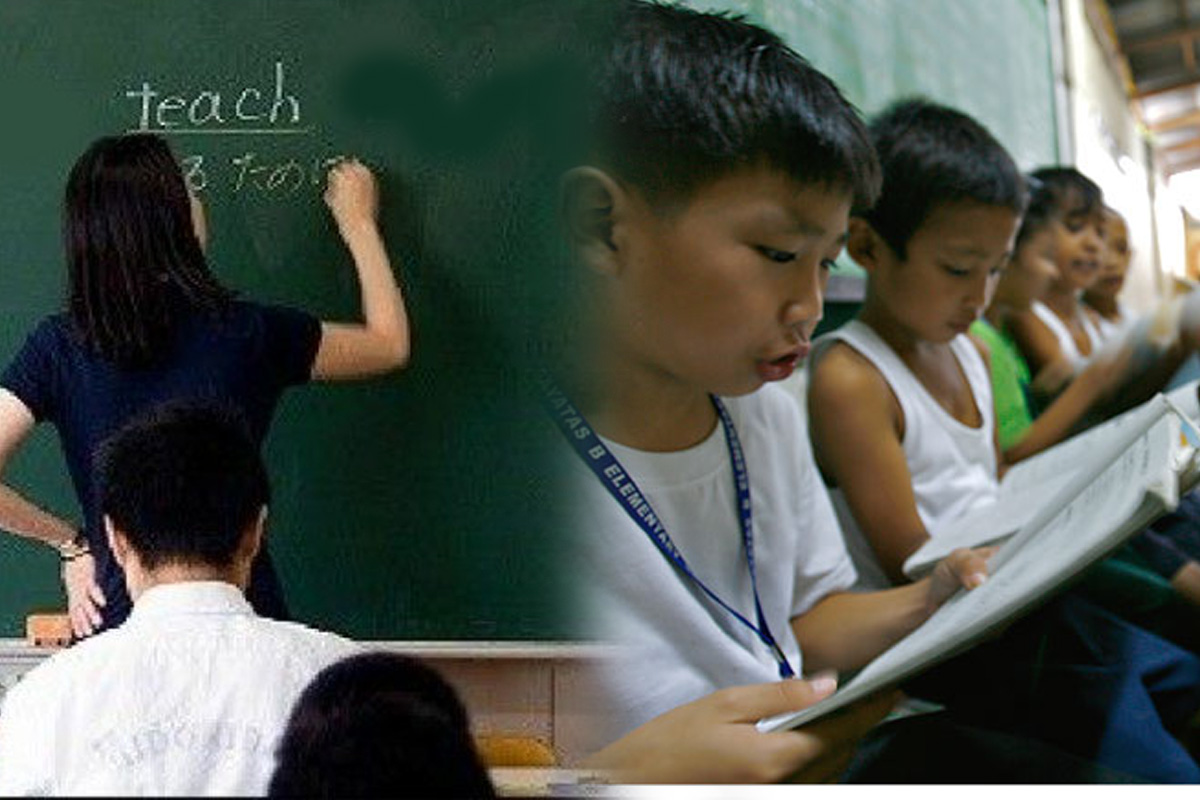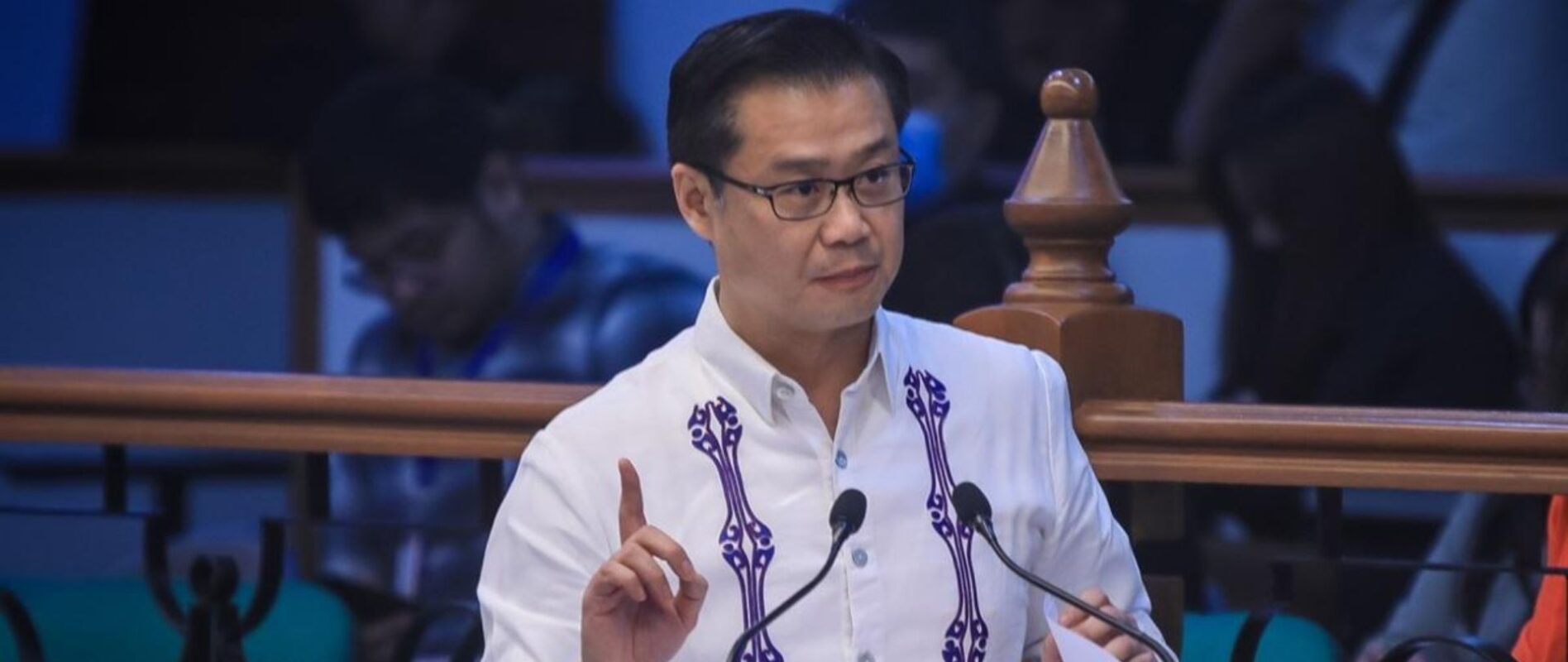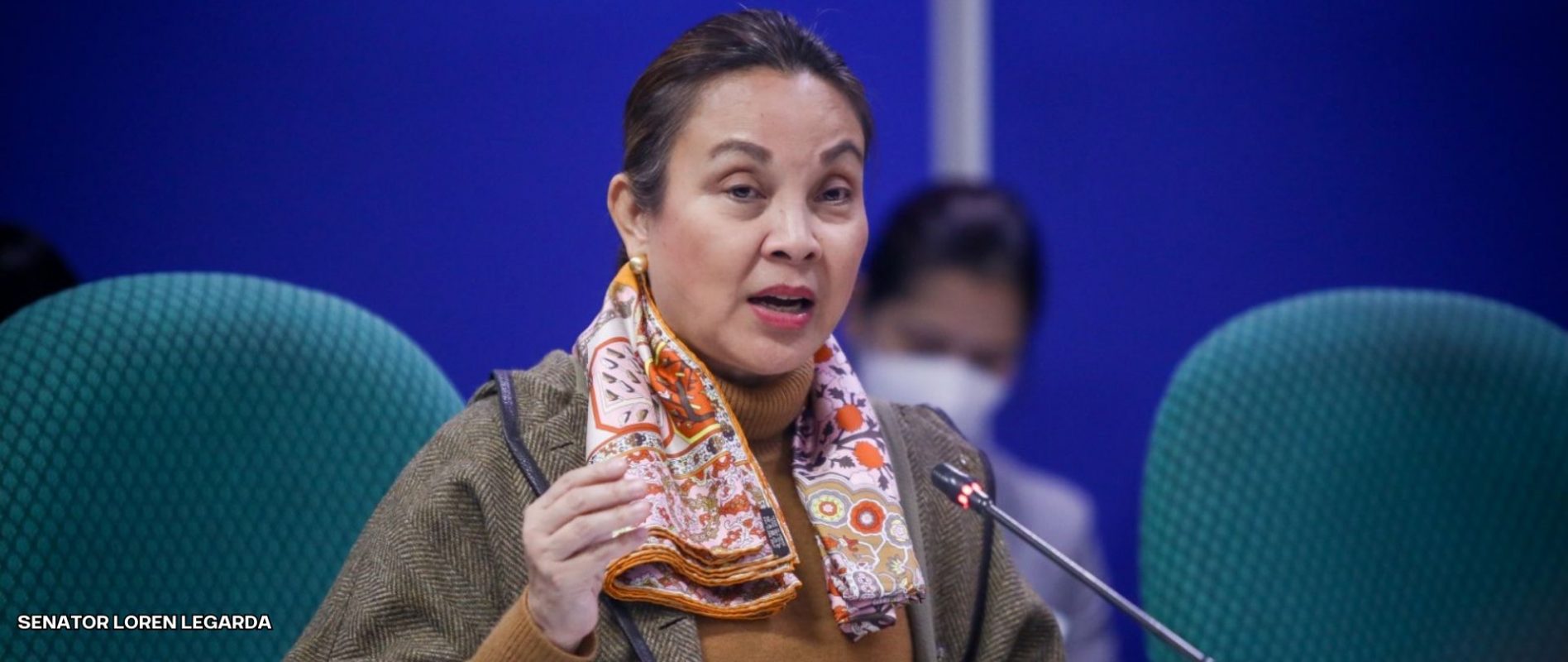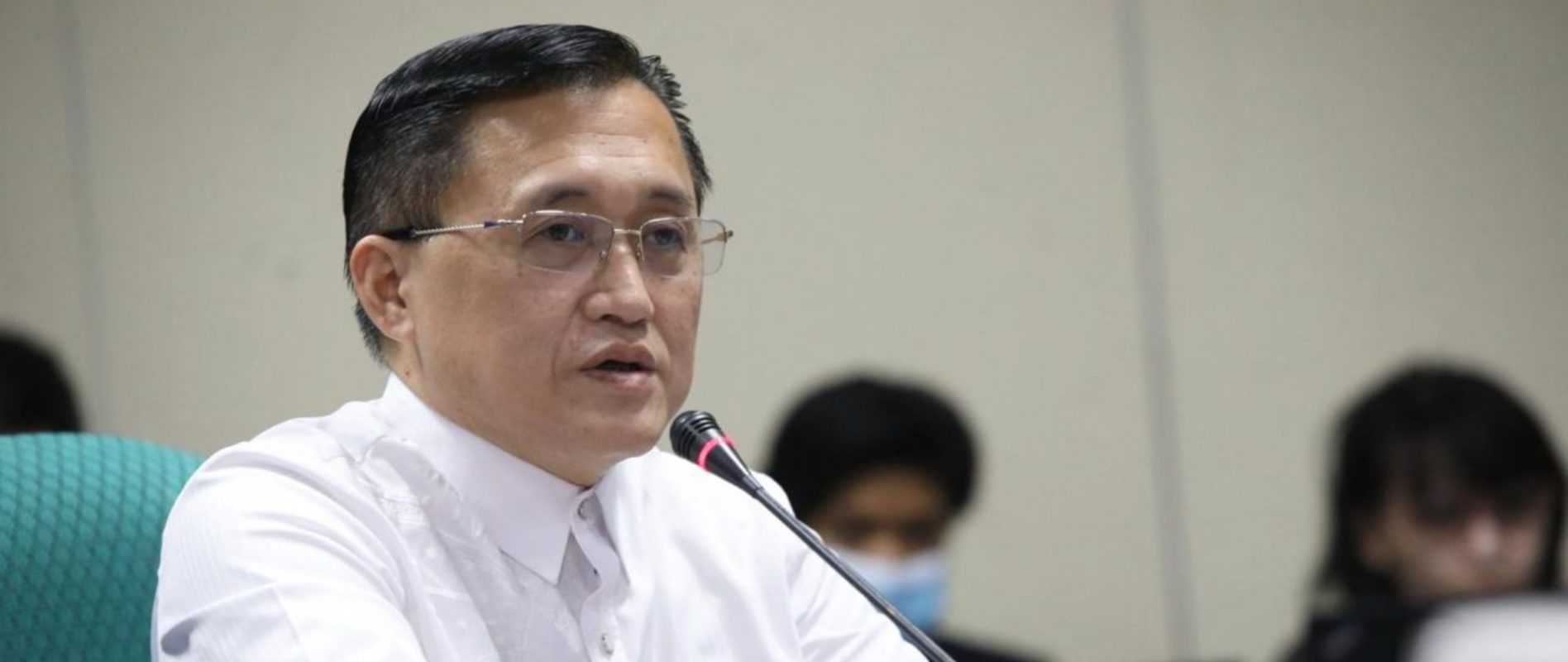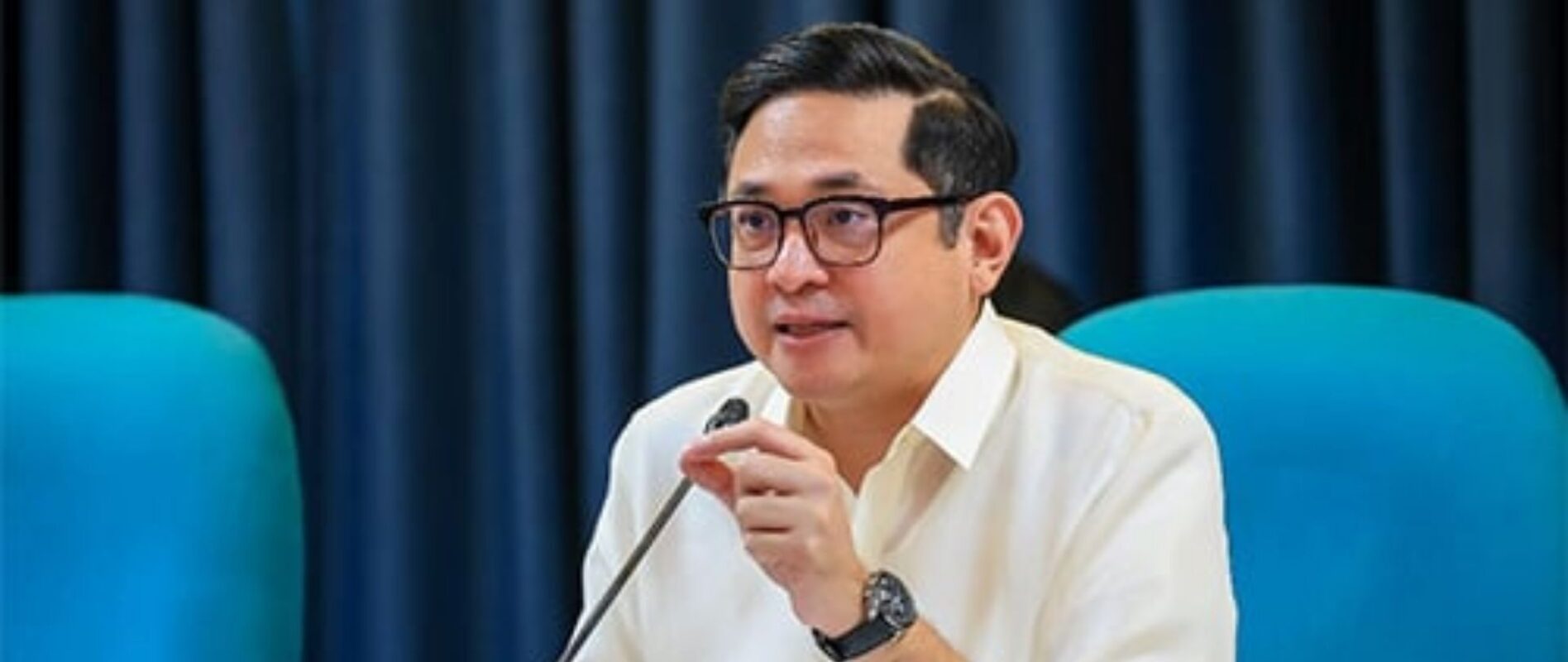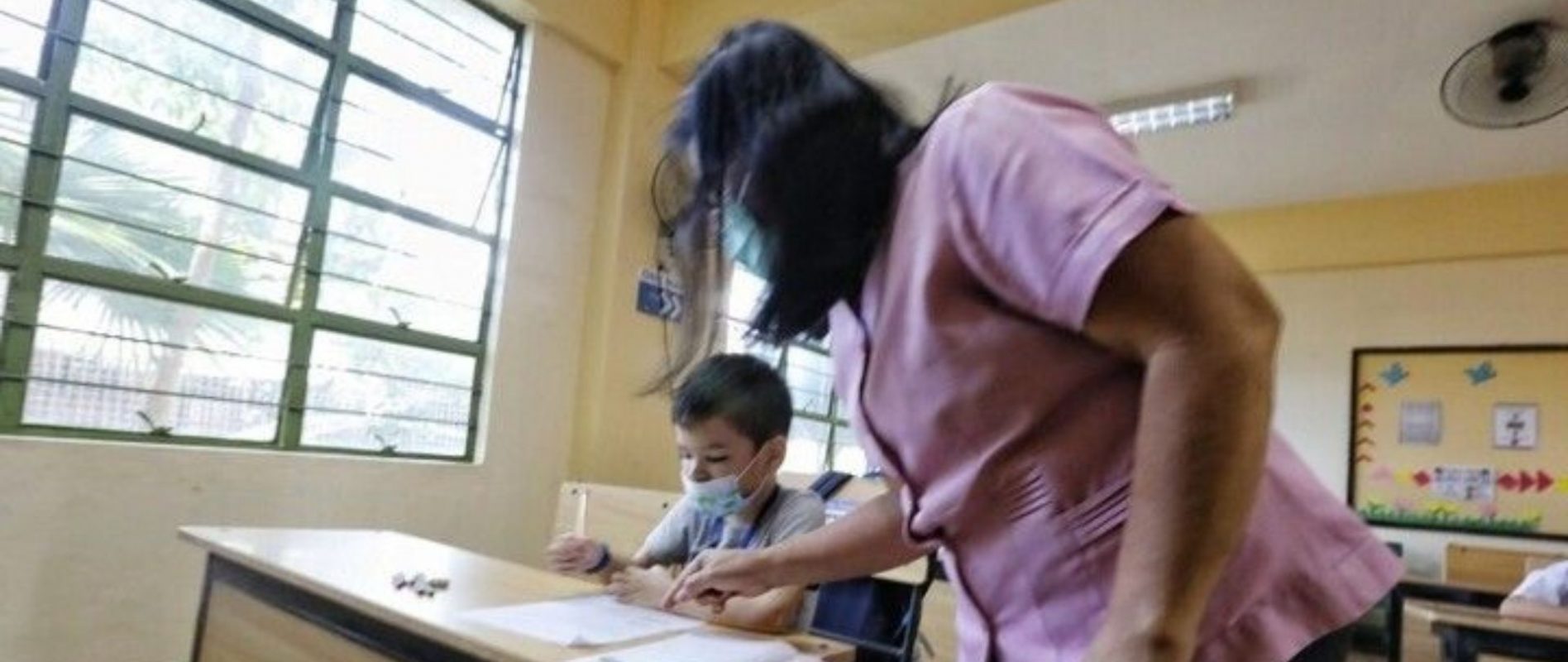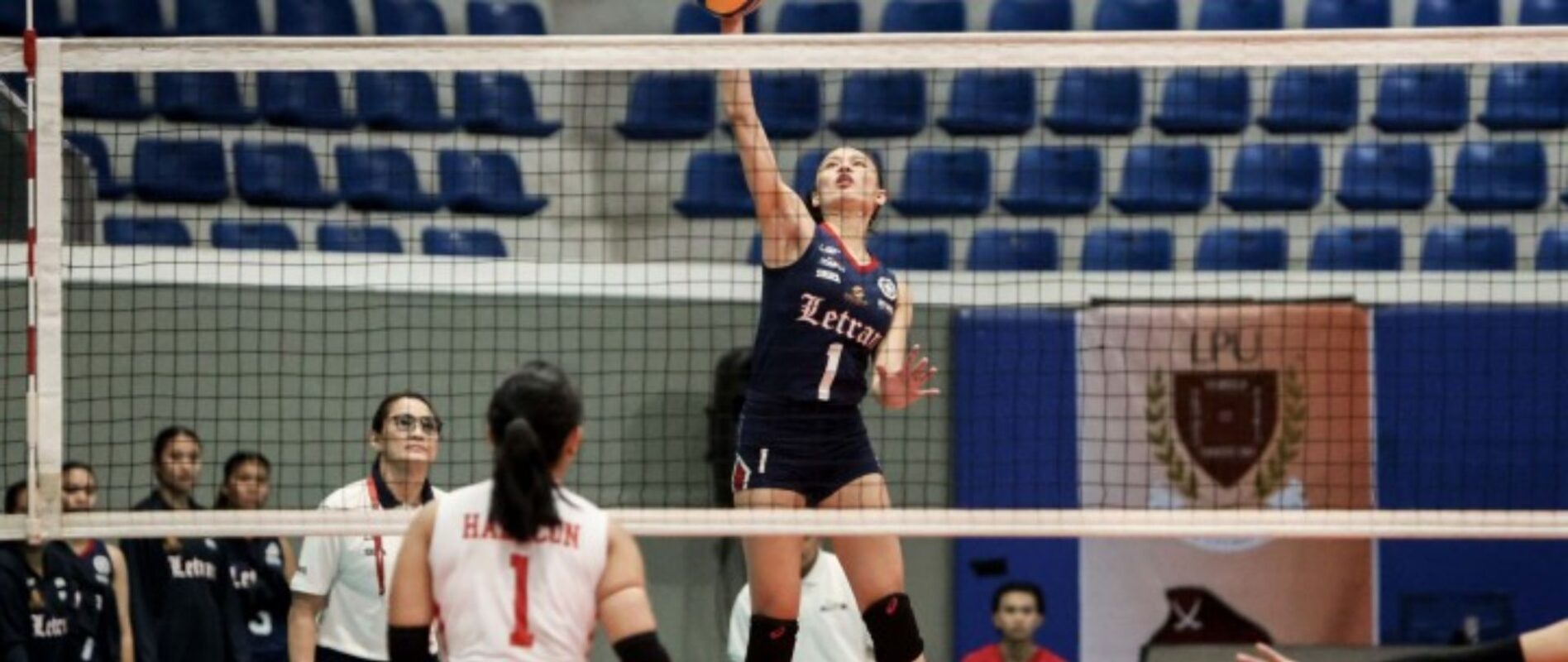PROFICIENCY OF ELEM TEACHERS DECLINING, WHILE 80% + OF FILIPINO STUDENTS ARE ‘LOUSY READERS’
MORE than 80 percent of Filipino students are not proficient in reading, an education rights group said, as it called on the government to review and invest more in public education during the celebration of International Literacy Day on September 8.
MORE than 80 percent of Filipino students are not proficient in reading, an education rights group said, as it called on the government to review and invest more in public education during the celebration of International Literacy Day on September 8.
The Civil Society Network for Education Reforms, also known as E-Net Philippines, citing a paper released by the Programme for International Student Assessment in 2018, said that “over 80 percent of our students failed to reach a minimum level of proficiency in reading,” making the Philippines one of the countries with the “largest shares of low performers amongst all PISA-participating countries.”
Based on PISA findings, only 19 percent of 15 year-old Filipino students achieved minimum proficiency for Overall Reading Literacy.
“Fifteen-year-old students in the Philippines scored lower in reading, mathematics and science than those in most of the countries and economies that participated in PISA 2018,” PISA said.
“The country’s average score in reading was 340 score points, on a par with that of the Dominican Republic. No country scored lower than the Philippines and the Dominican Republic,” it added.
“In mathematics and science, students in the Philippines scored 353 and 357 points, respectively, on a par with performance in Panama. The Philippines outperformed the Dominican Republic in mathematics and science,” PISA said.
PISA is a triennial survey of 15 year-old students around the world that aims to gauge the students’ knowledge and essential skills. The assessment covers core school subjects such as reading, mathematics, and science. In 2018, the PISA assessment’s domain was global competence.
Aside from the reading proficiency problems of Filipino students, E-Net Philippines also noted that there is a decline in passing rates of teachers in the country.
“Likewise, among educators, there is a declining passing rate of elementary teachers in the Licensure Examination for Teachers in 2017 and 2018, averaging only 20 percent and 22 percent, respectively,” it said in a statement.
On the celebration of International Literacy Day on Tuesday, E-Net Philippines called on the government to fulfill its commitment in providing inclusive, equitable, safe and quality education especially as the country reels from the effects of the Covid19 pandemic.
“This pandemic has certainly disrupted society’s normal functions, and is disproportionately affecting marginalized sectors and the learners. It has exposed the weaknesses and limitations of the literacy system. It is high time to revisit our strategic goals of providing inclusive, equitable and quality education so as to ensure that ‘no one is left behind’ in education,” the group said.
“It is also an opportune time to review the appropriate theories and practices of literacy teaching and learning. By investing in public education, we would influence the development of learners to become more productive and responsible citizens; and yield a high rate of return to our society towards building a better, new normal,” the group added.
The group also called on all Filipinos to join the advocacy for creative, alternative solutions to learning, and reforms and improvements in the education sector.
As of September 4, data showed that 24,199,478 million kindergarten to Grade 12 students have enrolled for the 2020-2021 school year. This is 3.5 million lower than the 27, 750, 000 million enrollees last year.

